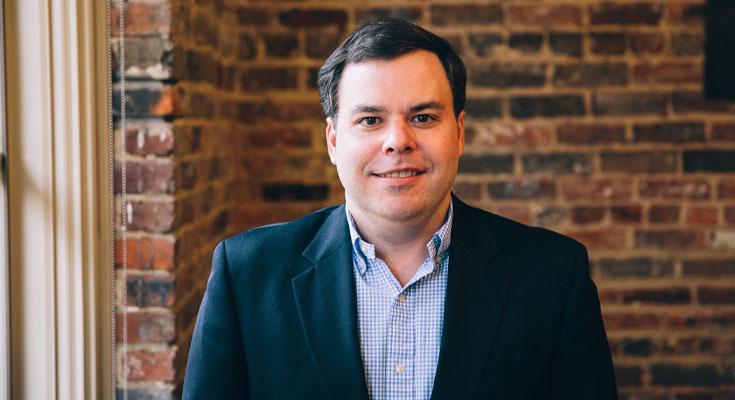On Wednesday, the Alabama Legislature convened a special session within the 2022 Regular Legislative Session, that will determine how the state spends $772 million in American Rescue Plan Act (ARPA) funds. The session comes after a Tuesday proclamation from Gov. Kay Ivey broadly outlining how the funds can be spent.
While some of the money would go towards pandemic-related needs, such as health care costs and improved broadband capabilities, none of the more than three-quarters of a billion dollars will be used to take less money from the citizens and businesses of Alabama.
There is $580 million left from the first half of Alabama’s approximately $2 billion in direct ARPA funding. The state already used $400 million for prison construction projects. Another $80 million went towards health care costs. The remaining $1 billion is expected to come to the state by June.
Broadly speaking, the governor’s proclamation puts the ARPA funds into three pots.
First, $443.3 million could be used for pandemic-related healthcare services, broadband expansion, improved access to clean water through infrastructure projects, and replenishing the state Unemployment Compensation Trust Fund.
Replenishing the Unemployment Compensation Trust Fund could help lower employer shares of the state unemployment tax. But it is important to remember that if state and local governments hadn’t forced many businesses to shut down in 2020, unemployment levels would have been lower, and the trust fund wouldn’t have been quickly depleted. State government is using federal stimulus dollars to alleviate a problem it played no small part in creating.
The governor allotted $136.8 million from a revenue replacement fund to go towards broadband expansion, telemedicine, health care costs, emergency response providers, and to reimburse county jails for inmate housing costs.
Finally, there is a separate $191.9 million available for capital projects. Ivey designated that it be used to deliver broadband services and invest in capital assets to improve remote work, education, and access to other services.
In total, it is expected that $243 million will be spent on broadband expansion. Few people would argue that Alabama is not lacking in access to affordable statewide high-speed internet, but $243 million is a proverbial drop in the bucket. It is estimated that statewide broadband will cost $4 billion to $6 billion. It will take a much larger commitment from state government and the private sector to increase broadband capabilities for everyone.
There’s also the question of the need for a special session to debate ARPA funding. The spending bills are unlikely to be controversial. Debating the bills in the midst of the regular session could have slowed the process a bit, but taking two weeks out of what was already expected to be an abbreviated regular session could mean that important bills, such as tax cuts, are never debated.
While lawmakers have talked about the need to spend ARPA funds quickly, there is no immediate urgency. Legislators in Montgomery keep referring to a January 31 deadline, but the National Conference of State Legislatures (NCSL) indicates states have until December 31, 2024, to allocate the funds and an additional two years to spend them. ARPA funds won’t disappear if they aren’t spent in the next two weeks, or even two years.
Alabama received almost $1.8 billion from the Coronavirus Aid, Relief, and Economic Security Act, which passed in March 2020 at the onset of the pandemic. Despite unemployment rates nearly quadrupling between March and April, the state waited until September to begin spending significant portions of the money. If there was no urgency during the worst of the pandemic, then why now?
There is also the possibility that U.S. Treasury guidance on how the ARPA funds can be spent could change as the second half of the funds flow to states later this year. Updated guidance may give states more flexibility in spending the funds, making options like tax rate reductions clearly allowable. Spending the money now shows lawmakers' lack of interest in using it to take less taxes from Alabamians.
Election year politics also seem to be playing a role in the decision to start a special session this week. It will delay votes on more controversial legislation, such as a proposal to abolish government-issued gun permits, until after the January 28th candidate qualifying deadline. This allows incumbents to know whether they will face a primary challenge before voting on this and other issues and could influence how they vote. Politics should not be a motivation for calling a special session.
Despite the fact that the state is already taking more revenue from citizens and spending more money than ever before, the rush to spend ARPA funds shows that feeding the public sector continues to be the top priority for our elected officials. Citizens must demand better. Reducing the tax burden for individuals and businesses should be the primary objective for the remainder of this special session and the regular session.
Justin Bogie serves as Senior Director of Fiscal Policy at the Alabama Policy Institute. The views and opinions expressed here are those of the author and do not necessarily reflect the policy or position of 1819 News. To comment, please send an email with your name and contact information to: Commentary@1819News.com.










